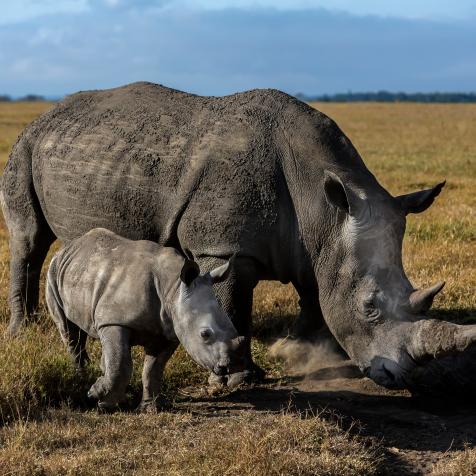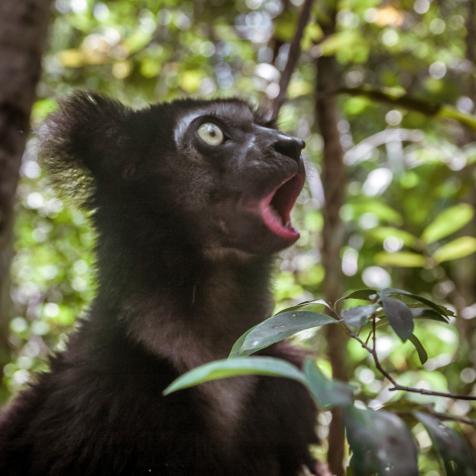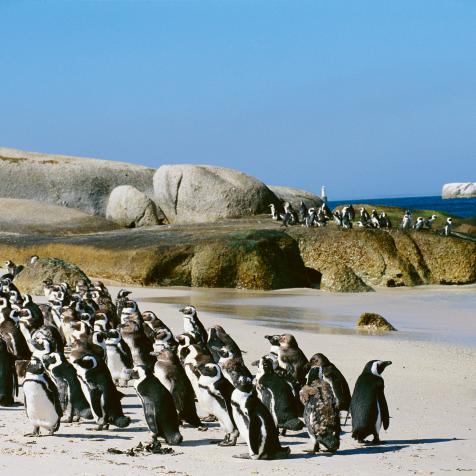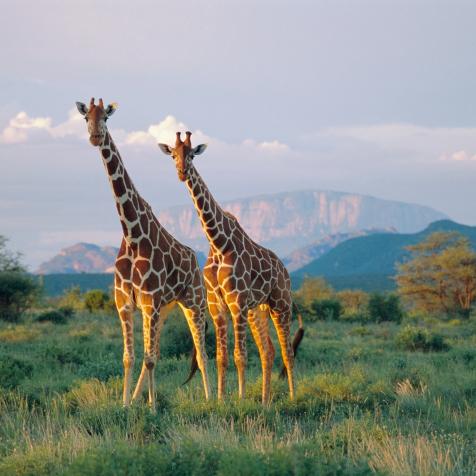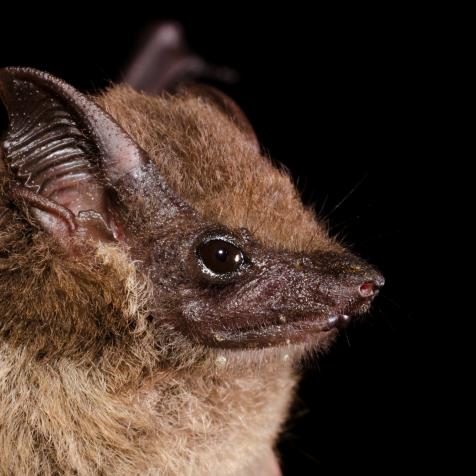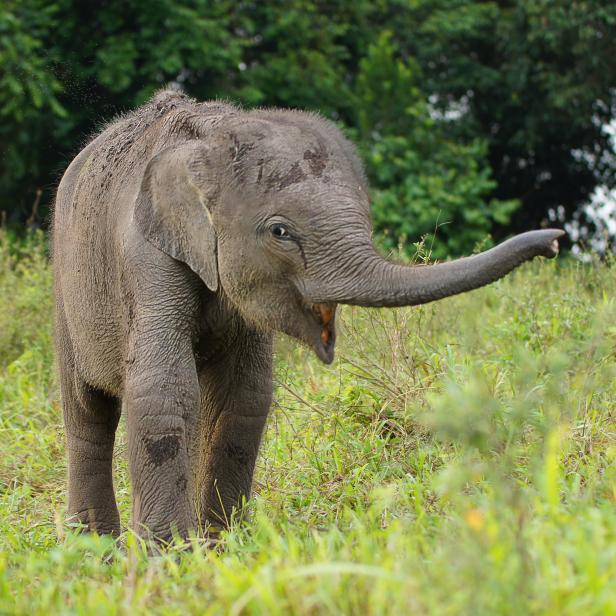
Perry Gunawan / EyeEm
Using DNA to Reunite an Orphaned Elephant with her Mother
After villagers found a tiny elephant wandering alone, scientists began the search for her mother using DNA matching technology.
In September 2017, villagers found a 2–3-month-old elephant wandering around alone and dehydrated in Burkina Faso, West Africa.
Experts predict the elephant was discovered within a day or two of being separated from her family or she wouldn’t have survived.
The villagers brought the baby elephant to a pen outside a local wildlife headquarters in Boromo. Rehabilitating an orphaned elephant is a major undertaking, but the organization saw promising signs — the elephant calf remained physically healthy and didn’t seem depressed.
The local community rallied around the baby elephant. Children at a nearby school named her Nania, or “will.” They played with her every day. Locals pooled their resources to buy her milk, and a neighborhood drugstore donated infant formula.
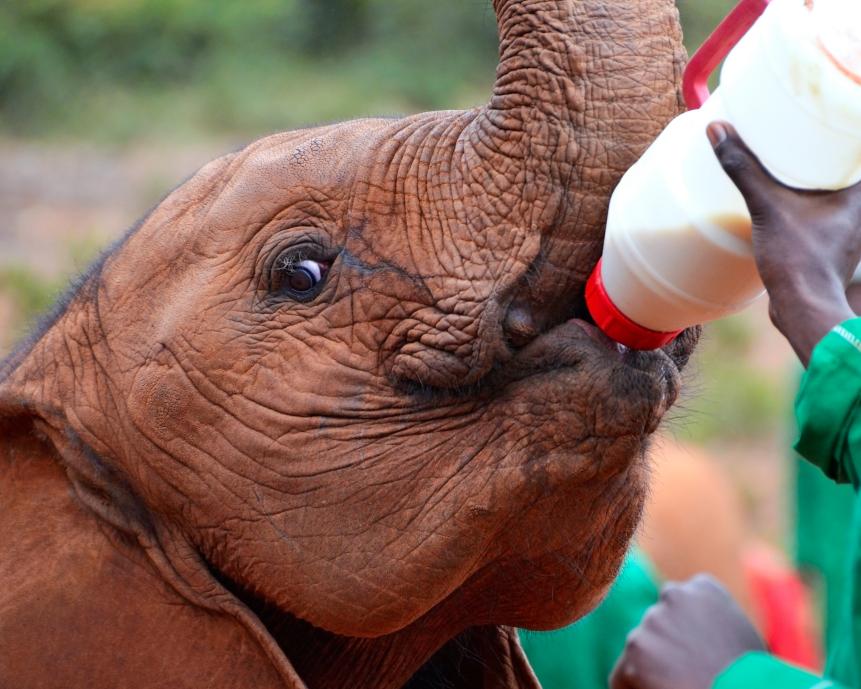
tr3gi
Elephant calves drink up to 20 pints of milk a day.
After reaching out to the International Fund for Animal Welfare for help, Nania’s new residence was completed in February 2019, including a stable and large pasture in Deux Balés.
Nania flourished with her caregivers, who acted as surrogate parents playing with her for 6-8 hours a day. After being weaned off milk, Nania was ready to start the process of being reintegrated into a wild elephant group.
Helping a lone elephant rejoin the wild is no simple task — will they be able to find food for themselves, avoid danger, and eventually have offspring of their own?
Getting wild herds to adopt elephants is actually a process the animals do naturally. About 20% of herds include nonrelatives who act like family. As long as a herd is receptive to them, elephants can integrate into other families that aren’t their own biologically.
Nania’s caretakers were hopeful that Nania might have the opportunity to reintegrate into not just any herd of elephants, but her own family.
A team from the International Fund for Animal Welfare began collecting dung samples from the 40 wild elephant tribes that pass through the area. By 2020, scientists at the University of Washington in Seattle were analyzing the elephant dung for DNA in a lab.
Then one day, the lab found a surprising result: the DNA was a match. One of the sampled elephants was not just a family member of Nania, but almost surely her mother.
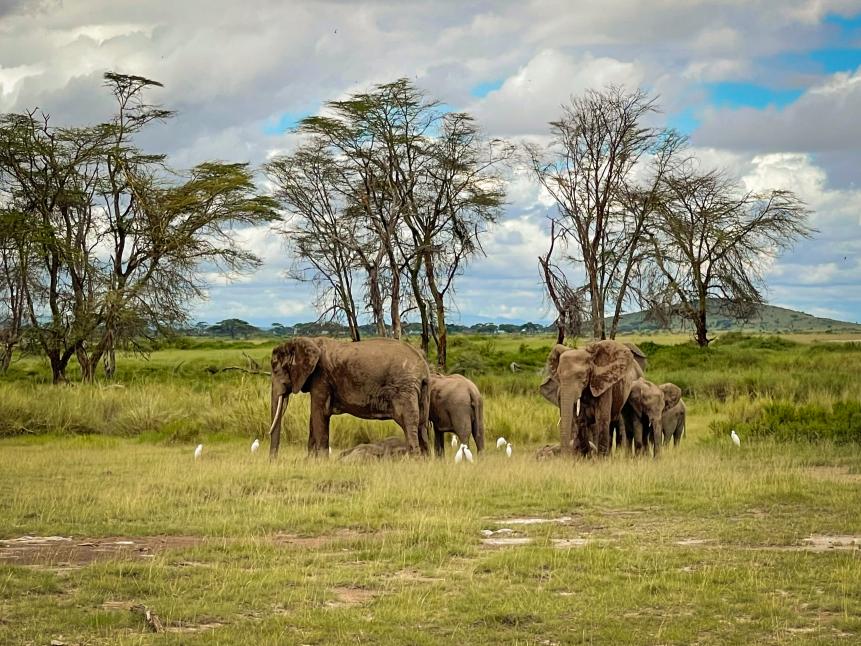
Sebastian Condrea
Forest elephants travel in much smaller herds.
Not only did they find her mother, but through the DNA, the scientists discovered that Nania is a forest elephant. Forest elephants are endangered, which makes the importance of saving Nania that much greater.
For now, the wild elephants have migrated out of Deux Balés for the rainy season, but they will be back in October. The hope is by then Nania, a little bit bigger, stronger, and older, will be ready to join the herd.
“What you really hope for is that there’s some connection that’s remembered when she finds the right herd,” Katie Moore, deputy vice president for animal rescue, said. “And that it just happens.”









